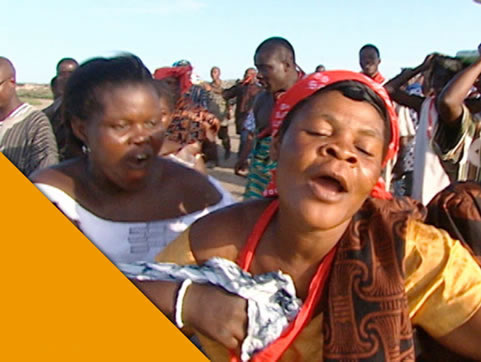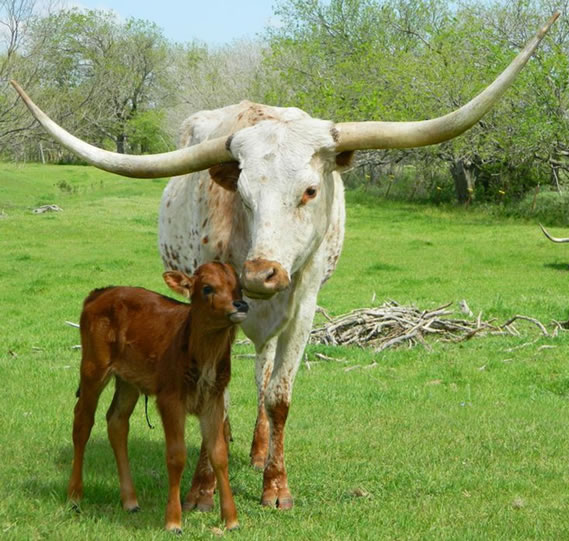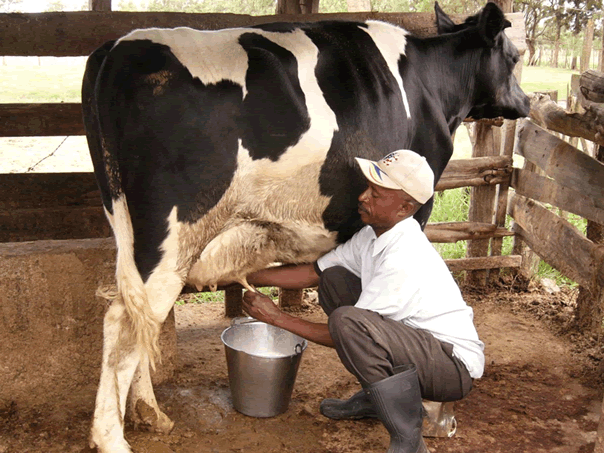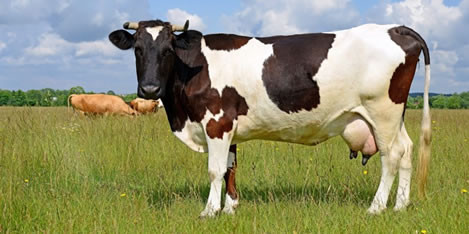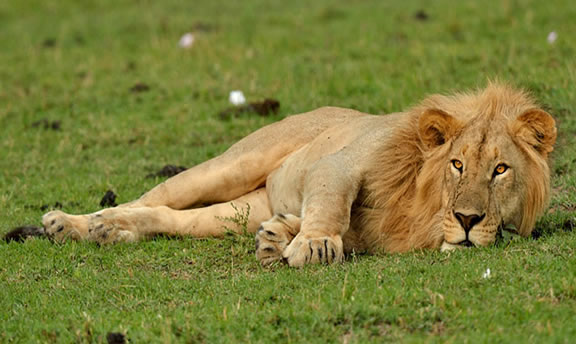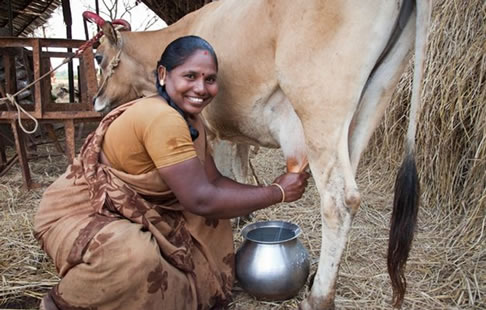December 5, 2017
October 31, 2017
 | A ho te mbouoo. (Kwele) Miti yote msituni haifanani. (Swahili) Tous les arbres dans la forêt ne sont pas semblable. (French) All trees are not straight in the forest. (English) |
Kwele (DRC, Gabon, Cameroon, Republic of the Congo) Proverb
October 1, 2017
 | Ubuza imfura ata ibiheko. (Bwisha) Mwenyi anapoteza mtoto wa kwanza hutupa miungu. (Swahili) Qui perd son fils aîné jette ses dieux. (French) Who loses the first born throws away his or her gods. (English) |
Bwisha (Democratic Republic of Congo -- DRC) Proverb
August 30, 2017
 | Aheleka atashulize bamwetera okubaga. (Haya) Ukiwekesha kitu bila kufatilia utashutukia kimeharibika. (Swahili) C'est très judicieux de continuer à controller. (French) It is wise to keep checking. (English) |
Haya (Tanzania) Proverb
August 1, 2017
 | Okhama ing’ombe nolengela iketi. (Tachoni) Ukikamua ng’ombe ya wenyewe huwe ukiangalia langoni. (Swahili) Tu extrais la vache de quelqu'untout en regardant à la porte. (French) You milk someone else’s cow while watching the gate. (English) |
Tachoni (Kenya) Proverb
July 1, 2017
June 5, 2017
|
| Nduhu wangu wangu. (Sukuma) Hakuna haraka. (Swahili) Pas besoin de courir, prens-le modément. (French) There is no rush. Take it easy. (English) |
Sukuma (Tanzania) Saying
May 2, 2017
 | Adio kopali palite eroko ijo edite akilanya arauni ijo lokopala plani kimojong ijo. (Teso) Ni heri kuwa maskini ukiwa kijana badala kuwa maskini katika uzee. (Swahili) Mieux vaut d’être pauvre quand on est encore jeune que de devenir pauvre à la vieillesse. (French) It is better to be poor when one is young rather than become poor in old age. (English) |
April 1, 2017
 | Egabire tebura kikama. (Runyankore) Ng’ombe yenye maziwa haikosi mtu wa kuikamua. (Swahili) La vache qui a du lait ne manquera pas quelqu’un pour la traire. (French) The cow that has milk will never lack someone milking it. (English) |
Runyankore (Uganda) Proverb




